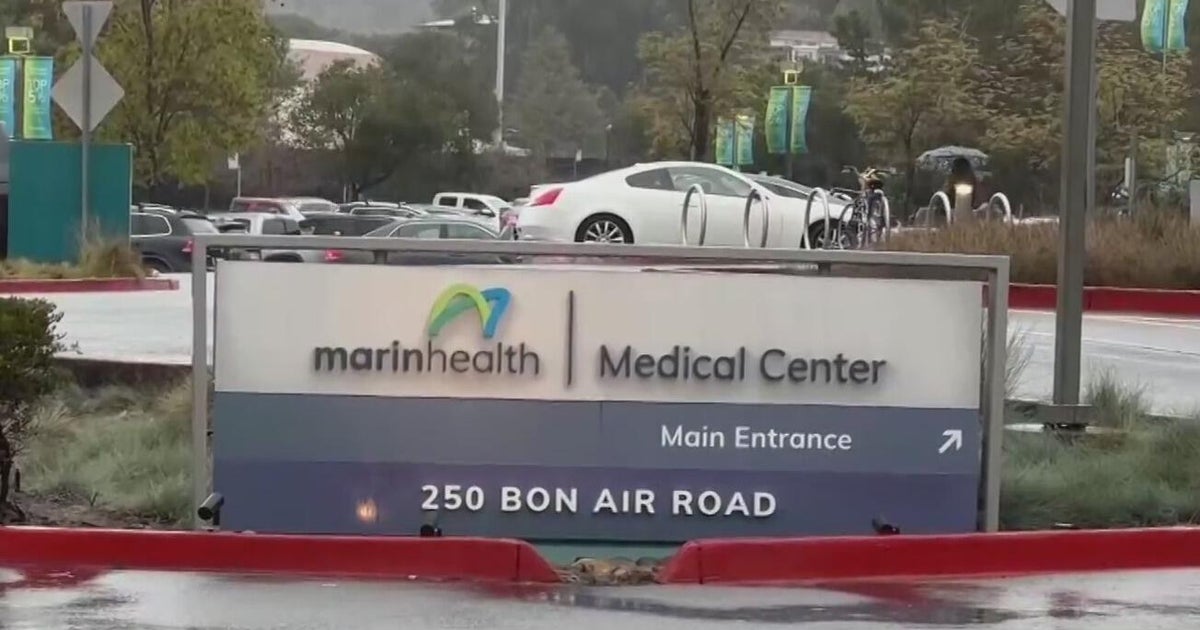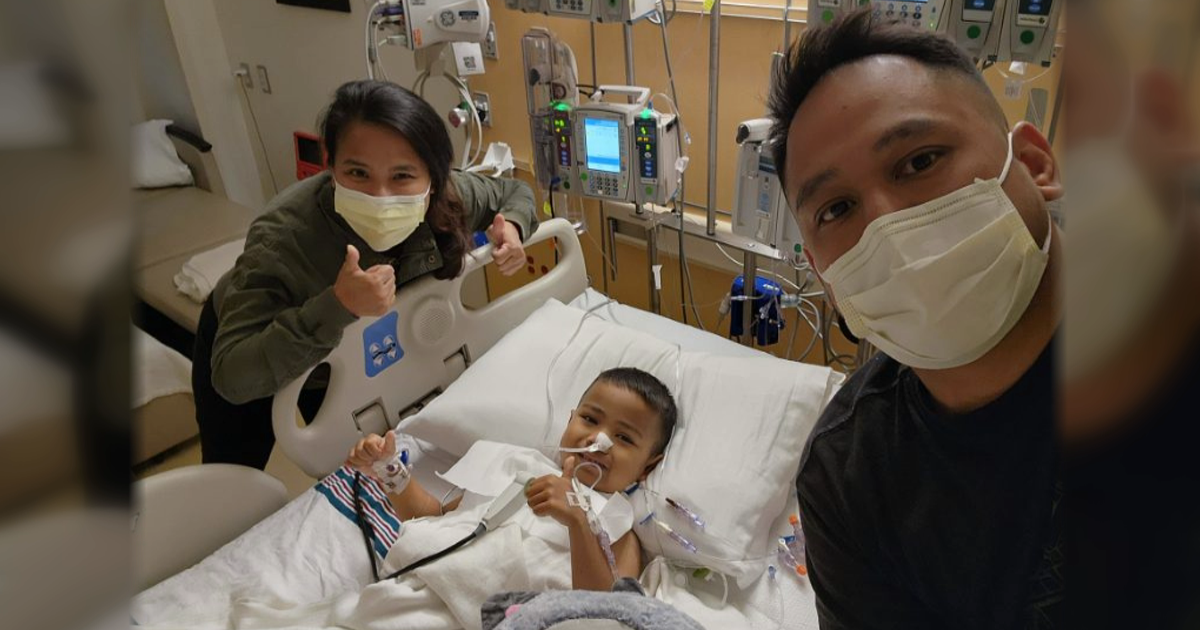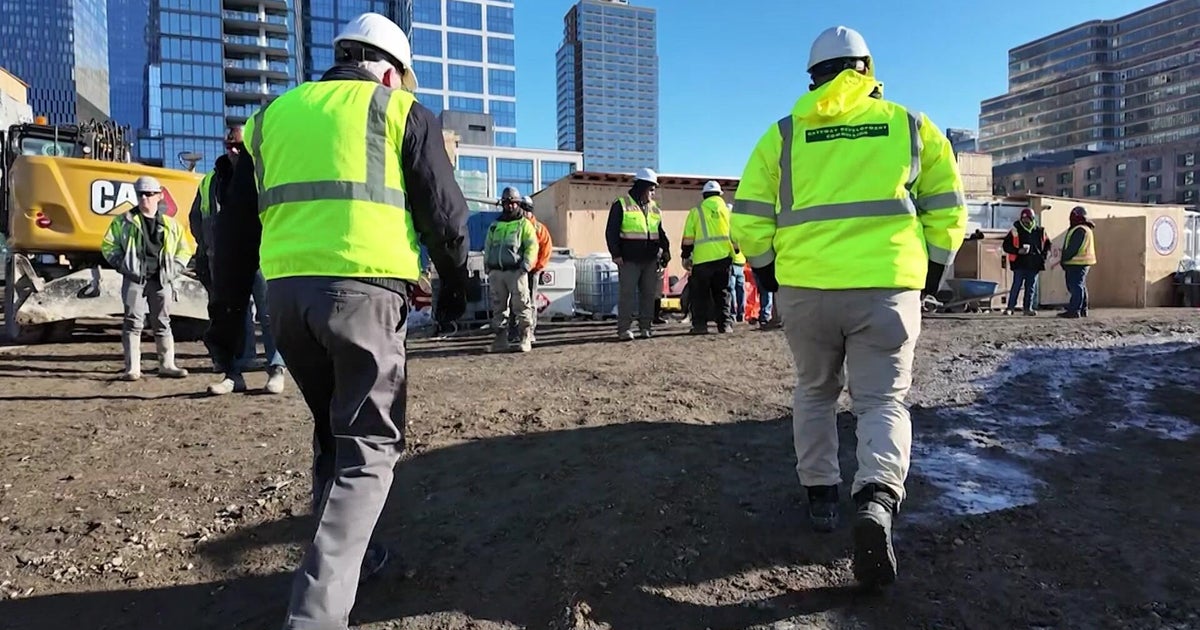Medical workers on front lines of coronavirus express fear and frustration
For medical professionals across the U.S., going to work during the coronavirus pandemic can be a frightening task that few have signed up for. Just ask Michelle Gonzalez, an Intensive Care Unit nurse at New York's Montefiore Medical Center in the Bronx, who worries daily about catching COVID-19, the disease caused by the virus.
"I come home from work and I'm naked in the hallway. I put all my clothes in a bag and don't touch anything because, no matter what the hospital is telling us, we know we have to take it off carefully and roll the clothes away from you when you're taking it off," Gonzalez told CBS MoneyWatch. "It's another level of discomfort. Nobody is thinking of us."
New York City is now an epidemiological hot zone, with about 60% of all new cases in the country coming out of the metro New York area. The virus has killed more than 200 people in New York state, 131 of them in New York City. More than 62,000 cases have been reported in the U.S., and more than 800 people have died from the virus, according to Johns Hopkins University.
Standards set by medical associations call for any worker testing others for the virus to be outfitted in gloves, gown, goggles, disposable face shields and so-called N95 respirator masks. But supply shortages mean many testing sites make do with looser-fitting surgical masks.
The nationwide shortage of masks and other personal protection equipment, or PPE, prompted the U.S. Centers for Disease Control and Prevention earlier this month to loosen the minimum requirements for how the gear is used. The CDC now suggests that some protective wear only be used in risky procedures or for longer periods of time, and that bandannas replace masks in a pinch.
Health care workers helping with medical procedures, including intubations of infected patients whose coughing can shoot contagious droplets into the air, are advised to use protective helmets that have power air-purifying respirators. But many hospitals now allow N95 masks to be used instead instead of the scarce helmets.
New federal guidelines encouraging workers to reuse masks makes medical workers more vulnerable against the dangerous infection, Gonzalez said. A nurse for nearly eight years, she described wiping down plastic face shields with Clorox to enable reuse — only to have the equipment disintegrate from repeated bleaching.
"I understand there is a national shortage and health care workers are trying to ration them, but you cannot ask them to put their job ahead of their health," said Gonzalez, who earns around $40 an hour. "None of us make enough money to put our lives at risk."
As of 2018 (the latest year for which data is available), registered nurses in the U.S. earned a median salary of nearly $72,000 per year, or roughly $34.50 per hour, according to government labor data.
Doctors on the front lines of the fight against coronavirus express similar concerns.
"Even our hospital is asking us for masks because they are already running out," said Ernie Guzman, a pediatrician and infectious disease specialist at White Memorial Community Health Center in Los Angeles. The center is now "locking everything up" due to concerns of staff or others making off with masks.
Medical staff at another California facility are using lab coats for ordinary patient visits and saving the disposable gowns for higher-risk cases, said an urgent care doctor in Los Angeles.
"What's stressful is we have limited personal protective equipment. There's a shortage of disposable gowns, and N95 masks are in short supply. We are now being told how to re-clean and reuse them," said the physician, who spoke on condition of anonymity because his employer bars staff from speaking to the media.
"There's an anxiety level as I'm driving to work, then I collect myself and get going," the physician added. "Then there's a sense of relief when I get home, and a big relief when the week is over."
Additional coronavirus test kits are urgently needed to catch infections among doctors and nurses sooner, Gonzalez said.
"I have family members at home who are elderly, so it's putting my family at risk," Gonzalez said of her determination to resist pressure from hospital supervisors to recycle protective equipment. "If I get fired right now, God is telling me to quarantine myself."



